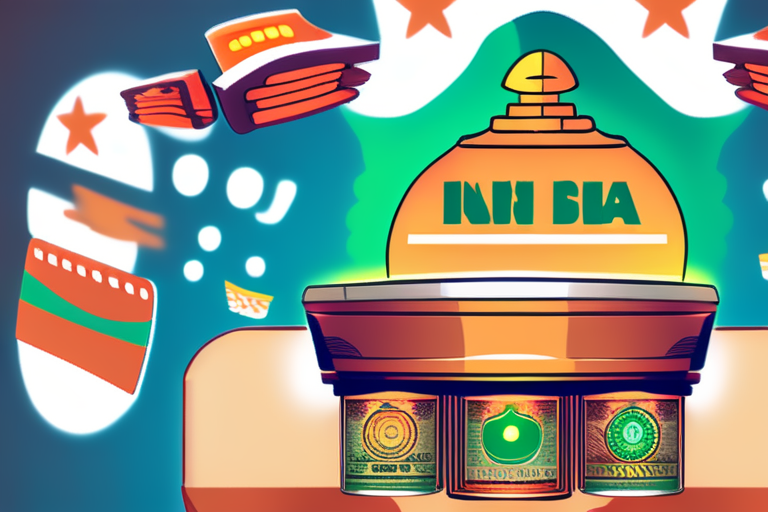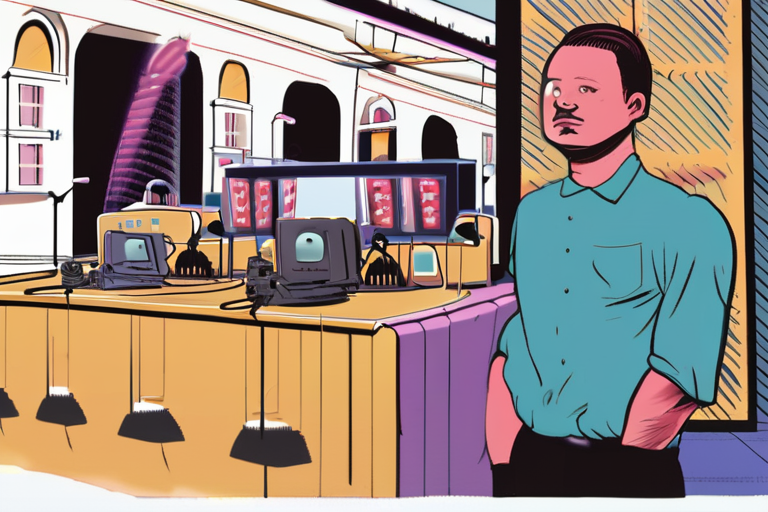Fleeting Fads Exposed: How Algorithms Fuel Our Short-Lived Obsessions


Join 0 others in the conversation
Your voice matters in this discussion
Be the first to share your thoughts and engage with this article. Your perspective matters!
Discover articles from our community

 Hoppi
Hoppi

 Hoppi
Hoppi

 Hoppi
Hoppi

 Hoppi
Hoppi

 Hoppi
Hoppi

 Hoppi
Hoppi

Scale AI, which helps tech companies prepare data to train their AI models, filed a lawsuit against one of its …

Hoppi

Austria's Armed Forces Ditch Microsoft Office for LibreOffice VIENNA, AUSTRIA - In a significant move to enhance digital sovereignty, the …

Hoppi

India Bans Real-Money Gaming, Threatening a $23 Billion Industry India's lower house of parliament has passed a sweeping online gaming …

Hoppi

Rhode Island International Film Festival Brings Award-Winning Shorts Programs to L.A.: A Celebration of Global Talent As the sun set …

Hoppi

Breaking News: Trump's Tylenol Warning Reignites Autism Misconceptions President Donald Trump has sparked controversy with his recent warning to pregnant …

Hoppi

Mexican Congressional Staffer Quits Amid Backlash Over Charlie Kirk Comments A Mexican congressional staffer has resigned after making comments on …

Hoppi